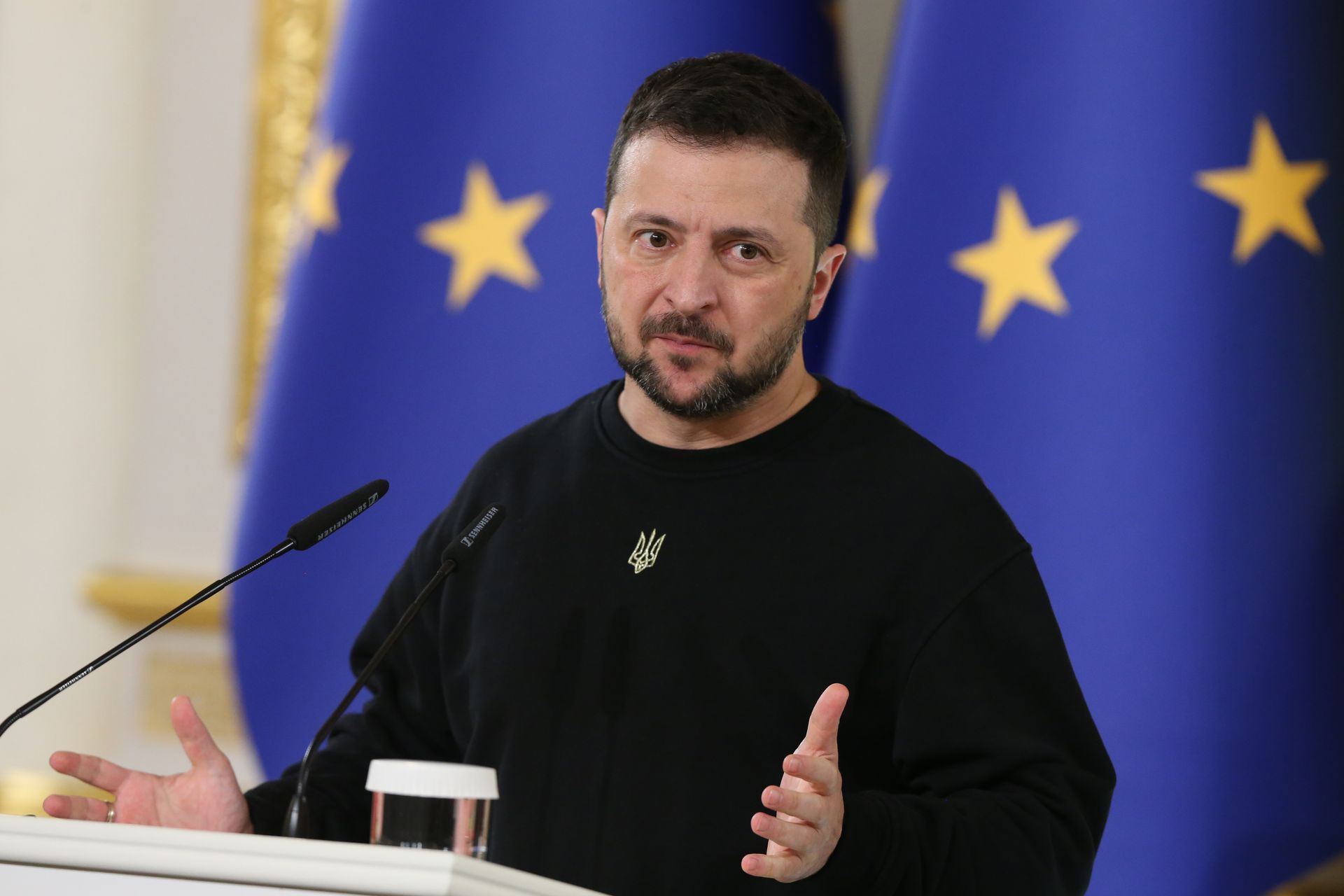Ukraine's PrivatBank wins $1.9 billion fraud case against former owner Kolomoisky at UK court

Ukraine's largest lender, PrivatBank, won $1.9 billion in a London court case against its former owners, oligarch Ihor Kolomoisky and his business partner, for allegedly defrauding the institution, the bank's press service announced on July 30.
Kolomoisky is the wealthiest businessman to have landed behind bars in Ukraine's independent history, being detained in 2023.
The once-powerful businessman co-founded PrivatBank in 1992 but lost ownership to the state in 2016 after his management left a $5.5 billion hole in its balance sheet.
The ruling represents a significant win for PrivatBank, which has pursued the case in English courts since 2017 following the bank's nationalization, the bank says in a press release.
In today's court ruling, London's High Court ruled that Kolomoisky and his business partner Hennadii Boholiubov misappropriated nearly $2 billion from PrivatBank through a "highly complex lending scheme."
The full amount will be determined at a subsequent hearing, but the bank says that, including interest over more than a decade and legal costs, it will significantly exceed $2 billion.
"This is a landmark victory for the Bank and its shareholder – the Government of Ukraine," said Nils Melngailis, chairman of PrivatBank's supervisory board, in a press release.
"Our process does not end here as we will begin collecting the sums that rightfully belong to PrivatBank."
During the court hearings, Kolomoisky, who was detained in Ukraine, and his associate Boholiubov did not testify in person but denied the allegations.
In July 2024, it was reported that Boholiubov left Ukraine using forged documents and was temporarily residing in Vienna at the time.
Boholiubov also used deceptive documents to distance himself from the fraud in the case, the bank's press service reported, citing a judge who called the move "dishonest."
Kolomoisky and Boholiubov are suspected in several cases related to embezzlement and money laundering at PrivatBank, which brought it to the brink of bankruptcy in 2016.
Ukraine then nationalized the bank and provided Hr 155 billion ($3.7 billion) to cover the deficit and prevent the bankruptcy of the country's largest bank, according to National Bank's head Andrii Pyshnyi.
In November 2024, Ukraine's Supreme Court definitively ended Kolomoisky's legal challenge to PrivatBank's nationalization, upholding lower court rulings.
Ukrainian anti-corruption agencies announced on July 23 that they had completed an investigation into Kolomoisky's case, which involved the embezzlement of Hr 9.2 billion ($250 million) from PrivatBank. The case is now headed to court.
Additionally, Kolomoisky is suspected of document forgery and ordering a murder.
The PrivatBank affair has become emblematic of Ukraine's efforts to clean up its banking sector and combat oligarch influence, being closely watched by Western partners as a benchmark of the country's commitment to anti-corruption reforms.
President Volodymyr Zelensky sanctioned Kolomoisky and other officials in February, freezing all their Ukrainian assets and blocking them from conducting financial transactions, among other restrictions.











